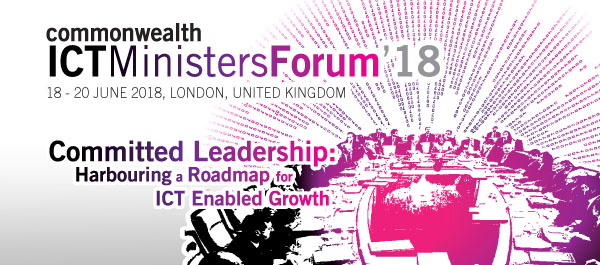Indication has emerged showing that all things being equal, by the time the National Identity Management Commission (NIMC) completes the harmonization of biometric data of Nigerians from other federal agencies, the country will seize to lose about $2bn (N610bn at the official exchange rate of N305 to a dollar) annually due to duplication of biometric verification.
Currently, no fewer than 16 agencies of the Federal Government are engaged in documenting biometric registration of Nigerians including Federal Road Safety Commission (FRSC), Nigerian Immigration Service (NIS), banks BVN, Independent National Electoral Commission (INEC) and others.
Biometric verification is a means by which a person can be uniquely identified by evaluating one or more distinguishing biological traits.
Digital expert, Mr. Jacobs Edo who recently presented his new book; ‘Digital Transformation: Evolving a digitally-enabled Nigerian public service’, in Abuja, called for revealed for a law that would empower one agency with the responsibility of providing the biometrics of all citizens in Nigeria.
He said “I may not be able to tell you what the country is losing as a result of poor digitalisation on a general or broad perspective, but I can tell you that our findings show that about $2bn is lost annually as a result of the biometric duplication that we see everywhere in Nigeria”.
“For supporting the different infrastructure on biometric capturing in various locations scattered around the world, the country is losing about $2bn yearly. For example, some of the agencies of government have their servers in the United States and they send money outside Nigeria in order to support the service.”
While stressing that one single agency could get the biometrics of every citizen in Nigeria and distribute the data to other agencies that needed it, Edo argued that “The country needs to begin to look at a harmonised database for identity management and this starts with coming up with policies. We should be able to make a law that says one agency is now responsible for collecting the biometric data of citizens in Nigerians. When the agency collects the data, it will distribute to other agencies that need it”.
Already, the Director-General of NIMC, Engineer Aliyu Aziz, has made it clear that “It is the duty of every citizen to enrol and obtain his or her National Identification Number (NIN), which entitles one to be fully regarded as a Nigerian citizen,” adding “without the NIN anyone’s claims of being a Nigerian citizen are doubtful; that is what the NIMC Act is stipulates.”
Business Hilights recalls that NIMC was established by the NIMC Act No. 23 of 2007, as an offshoot of the Department of National Civic Registration (DNCR), to create, establish and maintain a Unique National Identity Database, register persons covered by the Act, assign a Unique NIN, provide authentication platform for identity verification, issue General Multi-Purpose Cards (GMPC) and harmonise and integrate existing identification databases in Nigeria.
According to him, “NIN also enhances access to credit from financial institutions, protects citizens from identity theft thereby being an antidote to identity theft driven frauds, it expands access to other financial services including insurance, it enhances e-commerce by providing a means of payment, it is a tool for non-repudiation and security for financial transactions and it facilitates financial inclusion and hence cashless economy”.
NIMC Director-General, appointed in November 2015, chronicled his sojourn in NIMC from 2007, as part of the founding staff of the commission, to his appointment as DG/CEO having served and retired from the Commission.
Continuing, he listed some of his strategic feats at the Commission to include the populating of the National Identity Database, which currently boasts of about 18.5 million records, the establishment of up to 809 NIN enrolment centres nationwide, launch of the new electronic National ID Card with multiple functions, achievement of GVCP Certification and recertification of the NIMC Card Personalisation Bureau in 2014, 2015, 2016 and 2017, Backend Infrastructures like the ABIS, NIDB Storage, Security Network, Datacentre, DR Sites and the ISO 27001: 2013 Certification and Re-certification as well as the commencement of the enrolment of minors (children of ages 0 – 16).
However, key challenges facing the commission in the execution of its mandate and targets, according to the DG include funding as the overriding hindrance and poor staff remuneration, which leads to constant loss of human resources.








